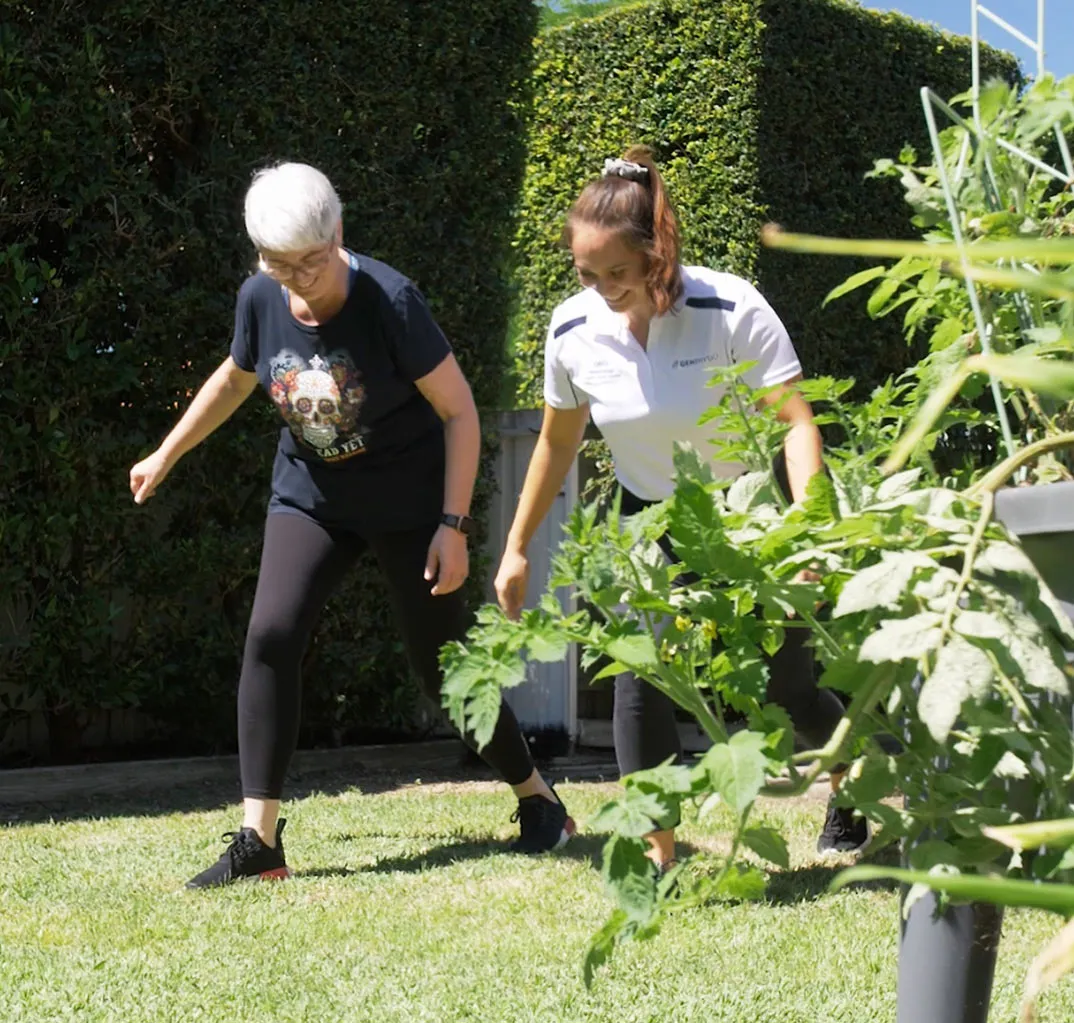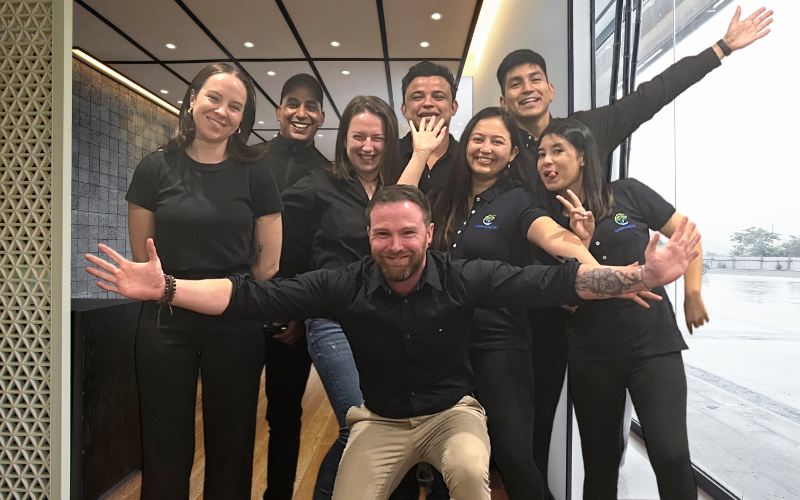Continuous Improvement: Adapting and Growing in the NDIS Environment

The National Disability Insurance Scheme (NDIS) is a constantly evolving system, and it can be challenging for clients and businesses alike to keep up with all the changes. However, continuous improvement is key to success in the NDIS environment. By adapting and growing, both clients and businesses can stay ahead of the game and deliver the best possible outcomes. In this blog post, we will explore the importance of continuous improvement in the NDIS environment, and provide some practical tips on how to achieve it.
1. Keep up to date with the latest developments of NDIS Environment:
The NDIS environment is constantly evolving, with new policies and procedures being introduced on a regular basis. It is essential for clients and businesses to stay informed about any changes that are relevant to them. This can be done by regularly checking the NDIS website, attending training sessions and webinars, and staying in touch with other NDIS stakeholders. By keeping abreast of the latest developments, clients and businesses can adapt their practices and stay ahead of the competition.
2. Seek feedback from stakeholders:
Feedback is an essential tool for continuous improvement. Clients and businesses should seek out feedback from a range of stakeholders, including participants, carers, employees, and other service providers. Feedback can be obtained through surveys, focus groups, and one-on-one discussions. By listening to feedback and taking on board suggestions for improvement, clients and businesses can refine their services and enhance their value proposition.
3. Develop a culture of continuous learning:
Continuous learning is a key component of continuous improvement. Both clients and businesses should be committed to ongoing training and development. This can involve attending industry conferences and seminars, participating in training programs, and seeking out mentorship opportunities. By investing in ongoing learning and development, clients and businesses can stay up-to-date with the latest trends and best practices, and improve their service delivery.
4. Embrace innovation of NDIS Environment:
Innovation is a powerful tool for continuous improvement. Clients and businesses should strive to be at the forefront of innovation in the NDIS environment. This can involve introducing new technologies, exploring alternative service delivery models, and adopting new approaches to problem-solving. By embracing innovation, clients and businesses can differentiate themselves from competitors and improve service outcomes.
5. Measure and evaluate performance:
Finally, measurement and evaluation are essential components of continuous improvement. Clients and businesses should establish clear performance metrics and regularly track progress against them. This can involve collecting and analysing data on service delivery outcomes, staff performance, and customer satisfaction. By measuring and evaluating performance, clients and businesses can identify areas for improvement and make changes to enhance service delivery and efficiency.
Conclusion:
Continuous improvement is essential in the NDIS environment. By adapting and growing, clients and businesses can stay ahead of the game and deliver exceptional outcomes for participants. To achieve continuous improvement, it is essential to keep up-to-date with the latest developments, seek feedback from stakeholders, develop a culture of continuous learning, embrace innovation, and measure and evaluate performance. By following these tips, clients and businesses can create a competitive edge and continually improve their service delivery.
Book a free Consultation with us today!
Mobile : 1800960068
Email : contactus@iseeksupport.au









